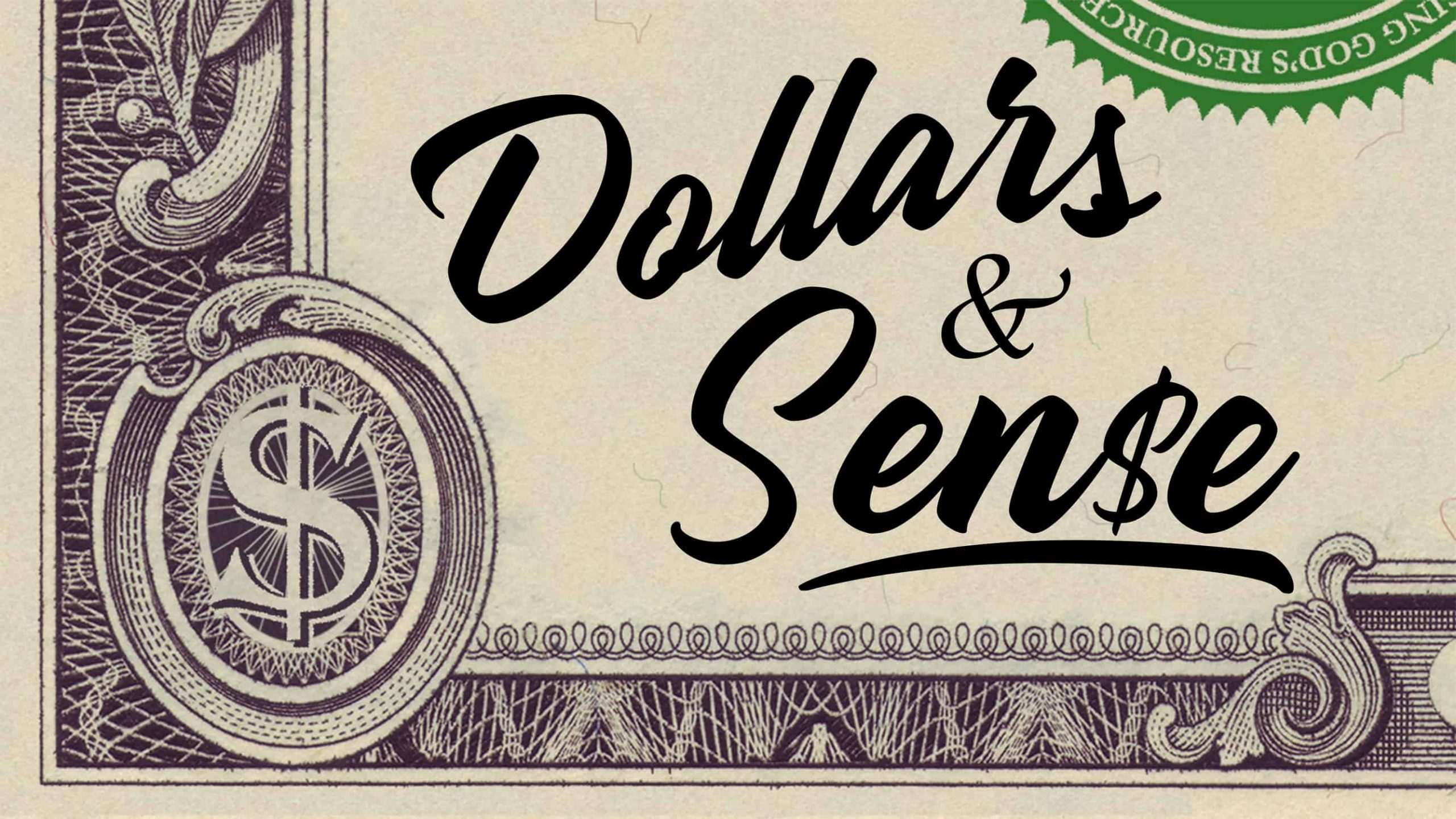
Couples, families and friends tell me that they fight over money more than anything else. But when I look closer, it becomes evident that the fighting is less about actual money and more about personal expectations and priorities. If differences over these things are not resolved before people begin talking about money, hurt feelings and anger can result.
Money is more than just a piece of paper. It represents the fruit of your labors. Whether you earned minimum wage or made millions by taking investment risks, your money represents what philosopher/author Ayn Rand called, “a frozen form of productive energy.” Money symbolizes the sum total of your efforts to date. Of course you’ll feel possessive about it! It represents your labors life.
There’s a lot of self-help information about how to avoid fights over money. Much of it has to do with communication and a willingness to compromise. Though these techniques can certainly help, the results are often temporary because they don’t get to the heart of the matter. Moneyallocater.com suggests that you “Find out what values you hold as individuals, and exactly what money represents to each of you. Share childhood experiences; see where you agree and where you disagree. Come up with some common ground.”
You can find common ground by asking yourselves what you value and why it’s important to you. For example, an acquaintance of mine recently spent several thousand dollars on an antique slot machine. Now, I would never do that. But when I asked him why he made this purchase, I understood his logic. He loves rare and unusual things, and he has warm and pleasant associations from his childhood with the way the old-style slot machines sound. All of a sudden it made sense.
The same applies to anyone who buys anything that makes him or her happy. But I will venture one caveat: If one isn’t really concerned about his or her own pleasure, and spends solely to impress others, then I have some questions. Moreover, if you’re living beyond your means and expecting others to pick up the slack, then likewise I have some questions. Barring that, money may not buy happiness, but it’s a good way to convert your efforts into personal fulfillment.
Unfortunately, this “live and let live” attitude gets a little tricky in a familial or marital relationship. Now you have to live with someone else’s priorities too. Communication and prior understanding become crucial. Some experts recommend pre-nuptial agreements even for people of average incomes. Maybe, maybe not, but it is key to get your priorities clear – whether or not in writing — before entering into an important relationship. All parties must state in honest terms: “This is what matters to me and this is what I think is mine” before it spirals into conflict and arguments.
Some people enter a marital relationship believing that “what’s mine is mine, and what’s yours is yours.” Others enter a relationship (often, regrettably, the same one) with a belief that “what’s mine is ours, and what’s yours is ours.” When these two beliefs clash, the proverbial honeymoon is over. If they had discussed their differences sooner, they might have been less surprised when the subject popped up, say, in the context of whether to spend thousands on this or that. Nothing can take the sparkle off a new relationship like, “It’s MY money, so what I say goes!”
I’m not defining a successful relationship as one that subscribes to any particular philosophical view. It can work with either one just fine, as long as that view is mutual. A happy relationship is one where both partners are equally satisfied and compatible, especially about money. More than a piece of paper or plastic, it’s concrete evidence of what you do in your life. As such, it becomes part of your pride and your sense of control over your destiny. Though it’s surely worth fighting over, there need be no fighting if the rules are clear and both parties are honest from the beginning.
